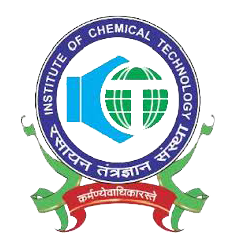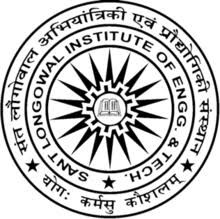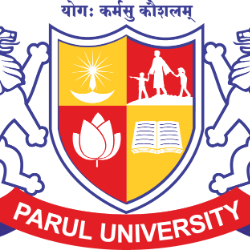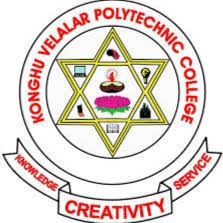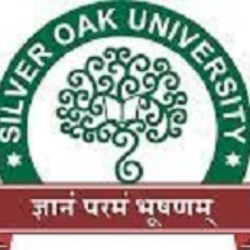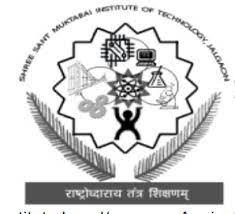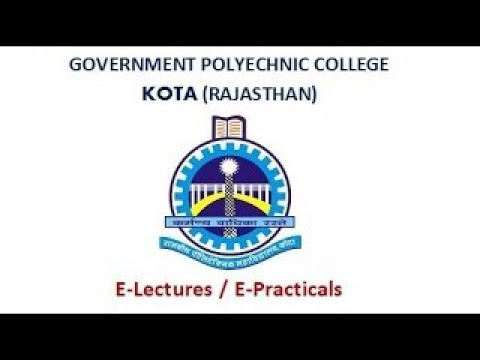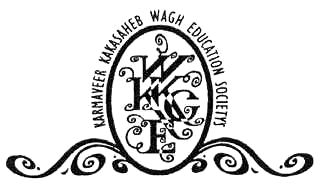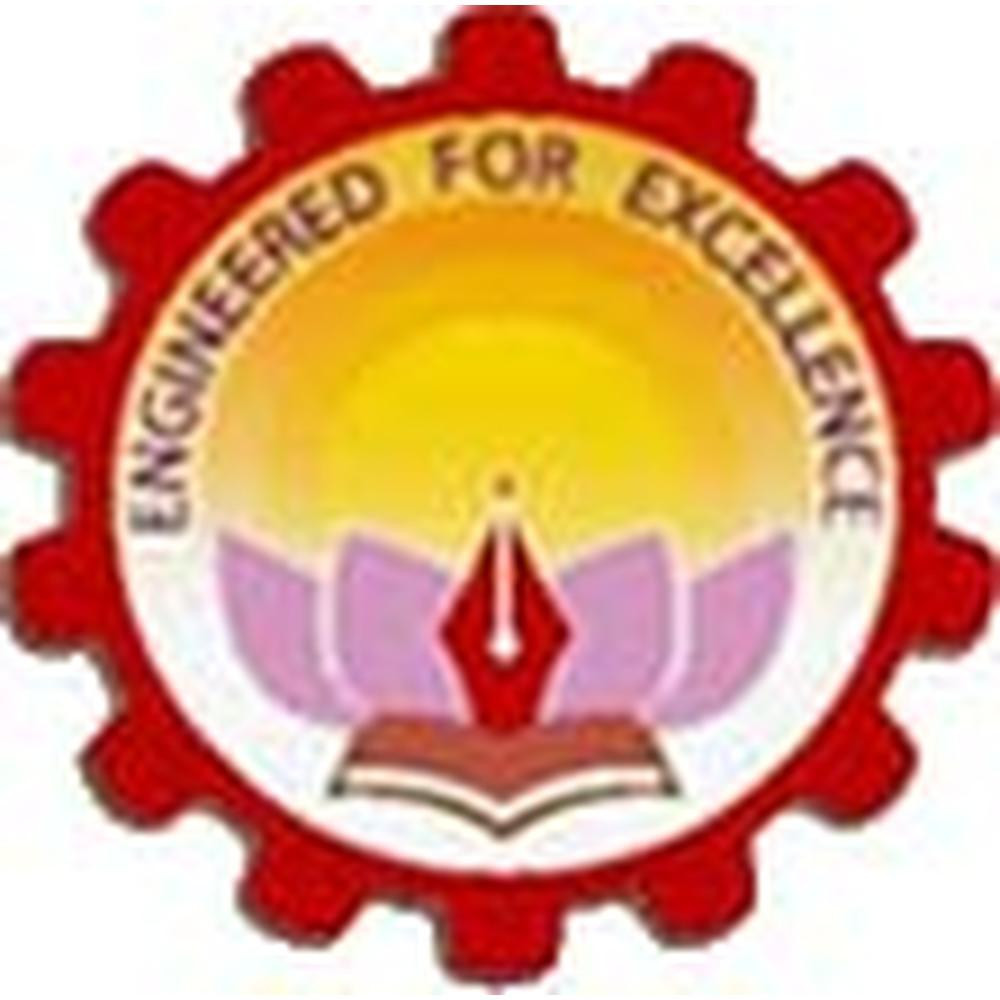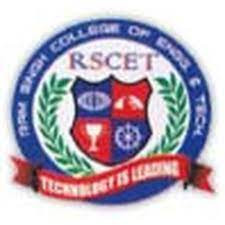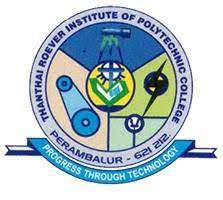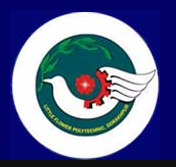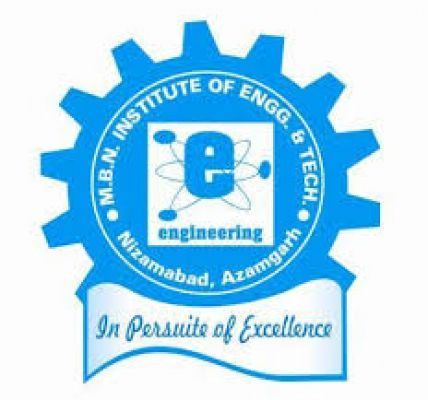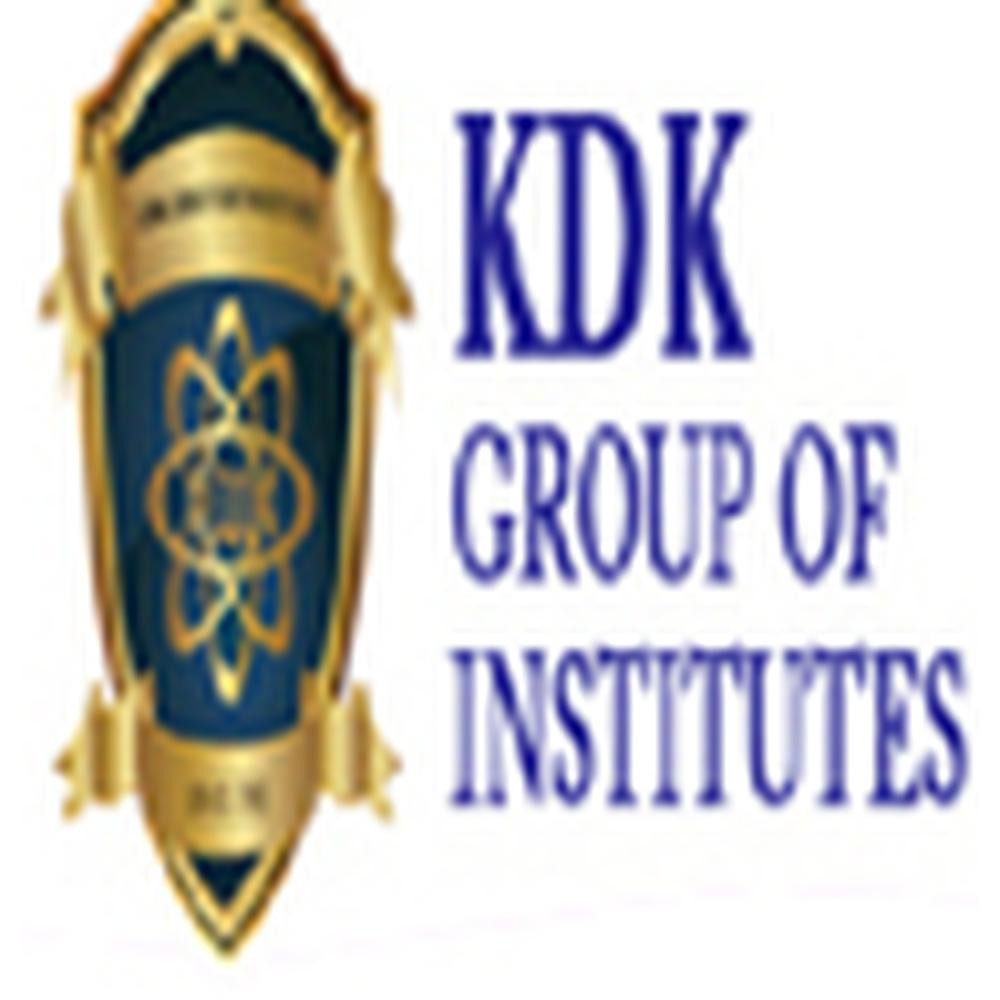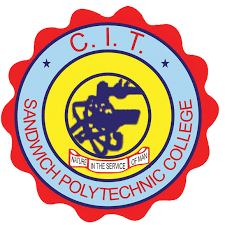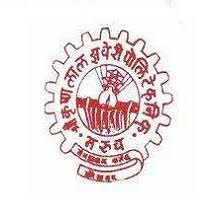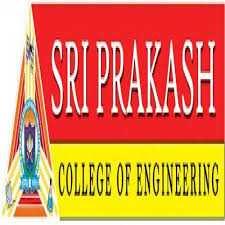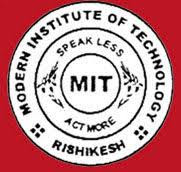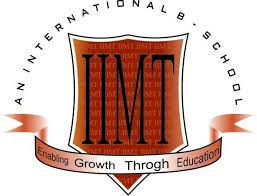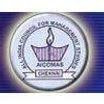Highlights: -
|
Course Name |
Diploma in Chemical Engineering |
|
Level |
Diploma |
|
Duration of the course |
2 years (after 12th) - 3 years (after 10th) |
|
Eligibility |
Minimum 50% in 10th or 12th Passed (Lateral Entry) |
|
Education mode |
Full-time, Distance. |
|
Admission Process |
Merit as well as Entrance Exams |
|
Entrance Exams |
DET, AP DEECET, AP POLYCET, AP JEE (Diploma), State CET, State DET, PECE. |
|
Fees of the course |
Rs 10,000 – Rs 1.00 Lakh |
Eligibility Criteria: -
- Candidates must complete their 10th exams from a recognised educational institute.
- A minimum of 50% to 60% aggregate marks is necessary for the candidates to apply for this course.
- Candidates can also apply after completing 12th in Science stream (for Lateral Entry)
Syllabus for Diploma in Chemical Engineering:
The Diploma in Chemical Engineering syllabus will vary from college to college, but the course aims and subjects shall remain the same; the subject distribution over the syllabus may differ;but the study matter remains consistent. Nevertheless, candidates should check the official website to know the complete syllabus. Here is a general guide to Diploma in Chemical Engineering syllabus design, as commonly followed by Indian colleges:
|
Semester 1 |
Semester 2 |
|
Applied Mathematics |
Communication Skill |
|
Developing of life skill |
Engineering Mathematics |
|
Workshop |
Organic and Physical Chemistry |
|
Basic Mathematics |
Basic of Computer Systems |
|
Chemistry I |
Chemistry II |
|
Engineering Drawing, I |
Engineering Drawing II |
|
Physics I |
Physics II |
|
Semester 3 |
Semester 4 |
|
Technology of Inorganic Chemicals |
Material of Construction |
|
Mechanical Operations |
Technology of Organic Chemicals & Products |
|
Strength of Materials |
Technologies of Plastics |
|
Electrical Technology |
Principles of Stoichiometry |
|
Polymer Chemistry |
Applied Mathematics |
|
Petroleum Refining and Petrochemicals |
Basic Electronics |
|
- |
Fluid Flow and Heat Transfer |
|
Semester 5 |
Semester 6 |
|
Chemical Engineering Thermodynamics |
Introduction to Energy System Engineering |
|
Chemical Reaction Engineering |
Process Instrumentation & Control |
|
- |
Field Training |
Further studies after Diploma in Chemical Engineering: -
- B.Tech. in Chemical Engineering.
- Certification Courses: - Process Safety Management Certification, Six Sigma Certification, ISO Certification Courses, Chemical Engineering Software Certification, and Energy Management Certification.
- Short-Term Training Programs.
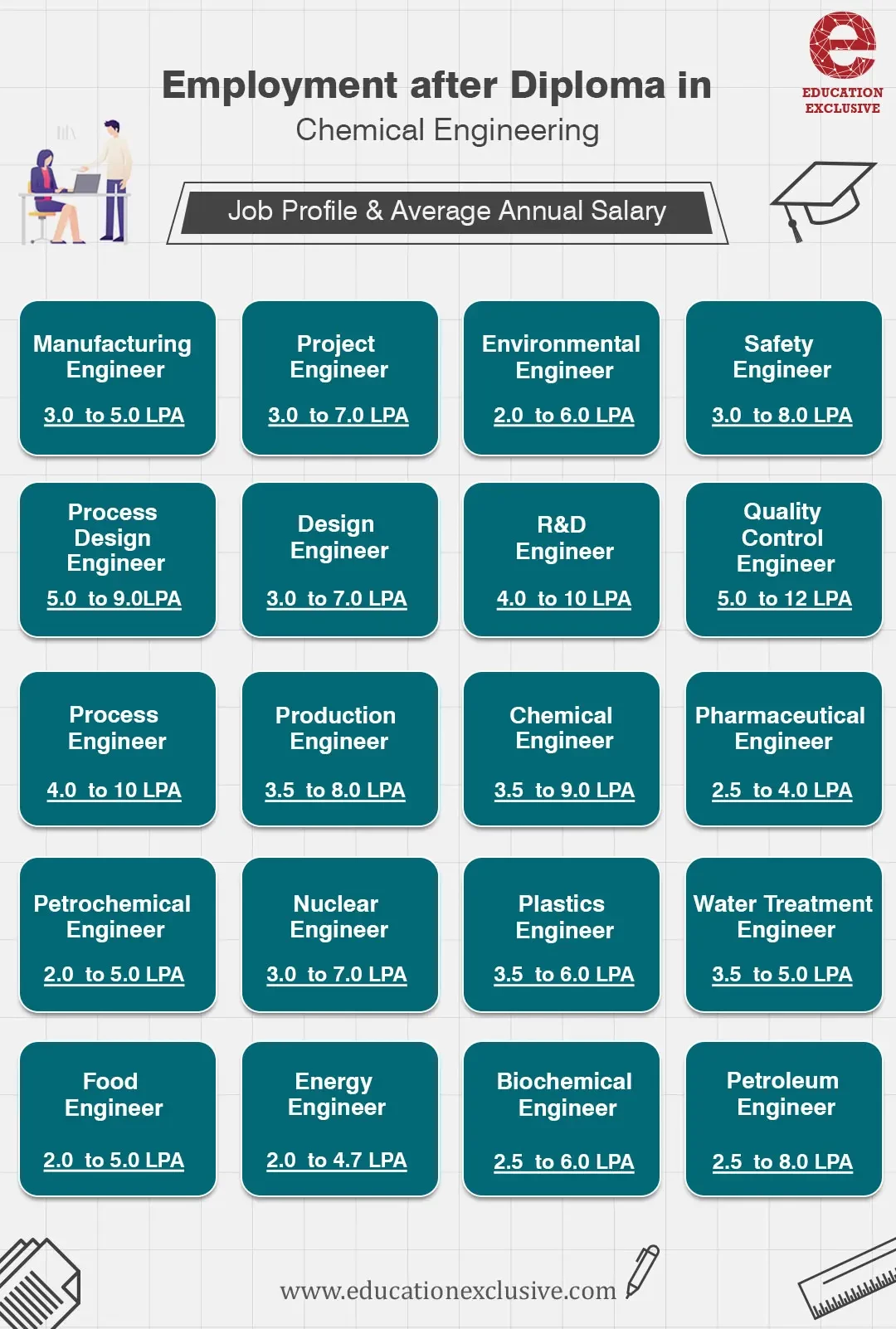
FAQs
- What are the top recruiters after a Diploma in Chemical Engineering?
The top recruiters after Diploma Chemical Engineering are ONGC, Coal India, Geological Survey of India, HCL, IPCL, Neyveli Lignite Corp, NALCO, TISCO, TELCO, and Reliance.
- What is the average Diploma Chemical Engineering salary?
The average Diploma Chemical Engineering salary ranges from INR 3 LPA to 7 LPA in India.
- What is the scope for a Diploma in Chemical Engineering?
The scope of Chemical Engineering in India is good, as they can work in multiple sectors like Pharmaceutical Industries, Fertiliser Factories, Petroleum Refineries, Food Processing Units, and Petrochemicals.
- What is a Diploma in Chemical Engineering?
It is a 3-year (6 semester) Diploma level engineering programme that mainly deals with study of chemistry of chemicals used in engineering industries.
- What are Career Options after a Diploma in Chemical Engineering?
A Chemical Engineering Diploma holder can become a Process Engineer, Maintenance Engineer, Chemical Analyst, Process technician etc.
Other specialisation in Diploma: -
Diploma in Computer Science, Diploma in Mechanical Engineering, Diploma in Civil Engineering, Diploma in Information and Technology, Diploma in Aeronautical Engineering, Diploma in Electronics and Communication, Diploma in Automobile Engineering, Diploma in Instrumentation Engineering, Diploma in Production Engineering.

